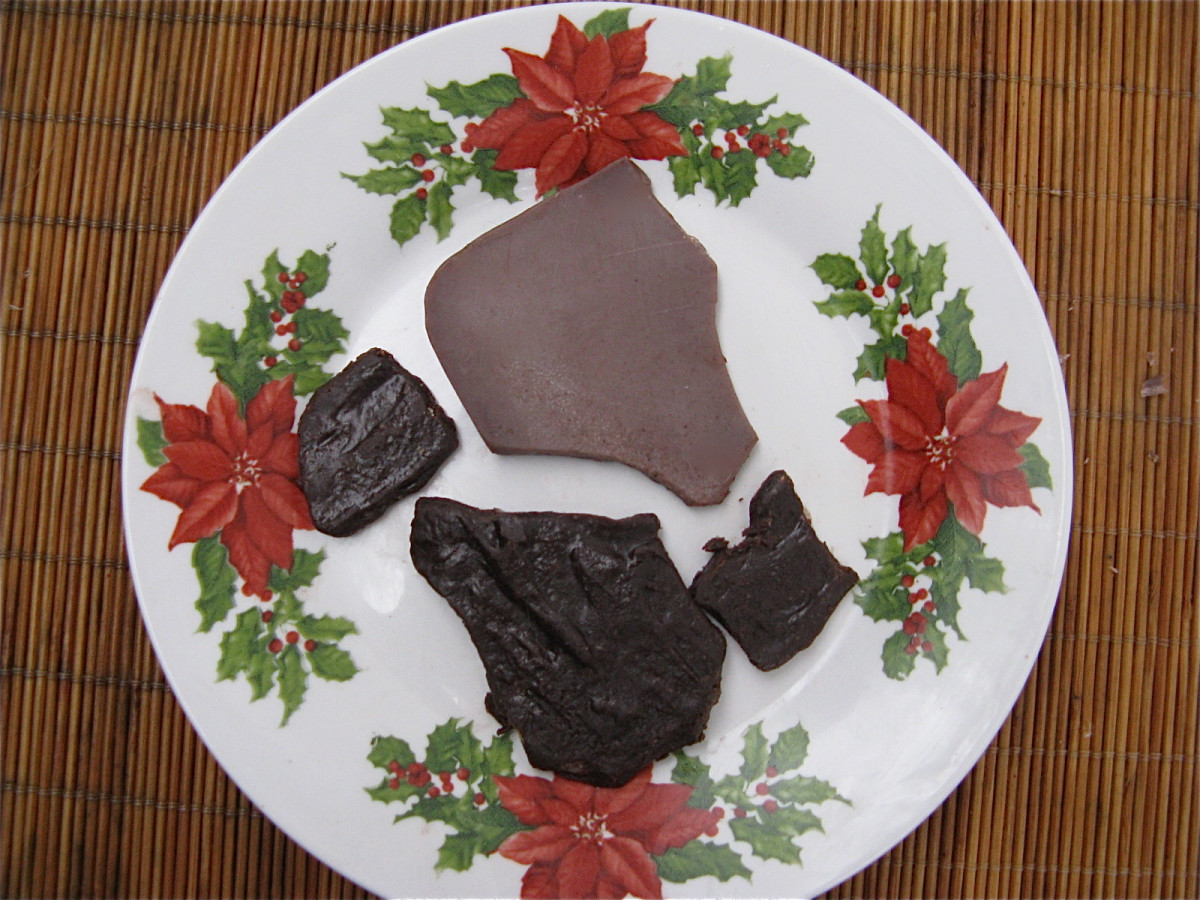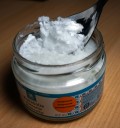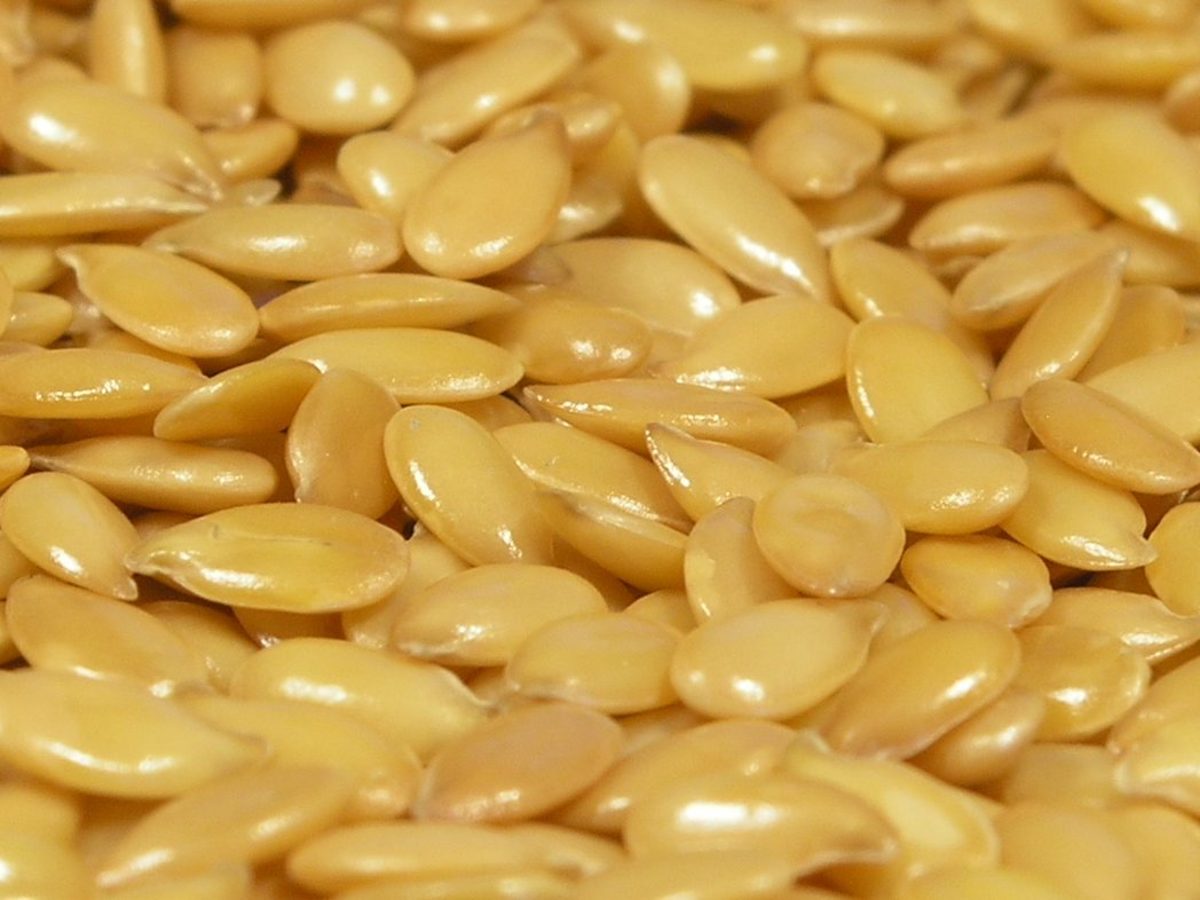Coconut Oil Benefits and Uses
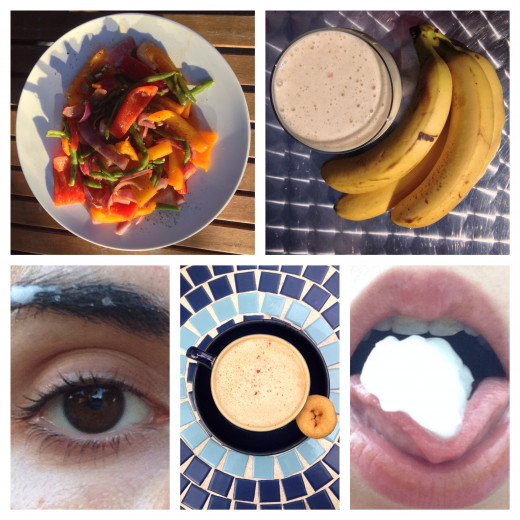
The true potential of coconut oil is yet to be fully researched and understood despite being purported all over the net as the be all and end all cure to just about any ailment. Although it might not be the miracle worker that umpteen sites suggest there are some substantiated benefits and many great uses to justify coconut oil as being a fairly favourable foodstuff.
What is Coconut Oil?
Coconut oil is extracted from either the kernel or meat of matured coconuts and has been used in cooking, medicine, hygiene, skincare and cleaning, to name but a few, for thousands of years.
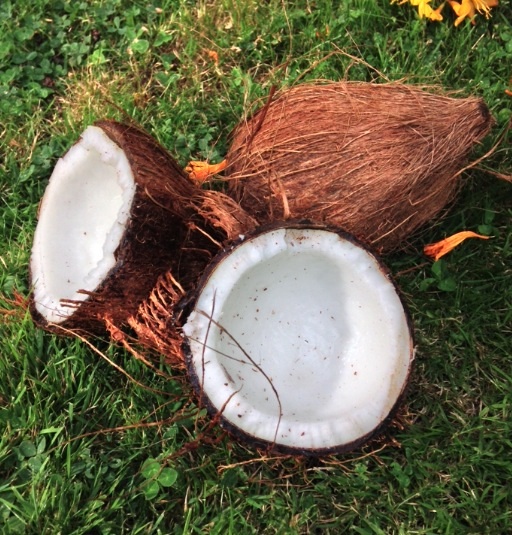
Fact
- Coconut oil can last 2 years without spoiling. This is due to having high levels of saturated fat that take time to oxidise which makes the oil resistant to rancidification.
Benefits of Coconut Oil
Here are 9 advantageous applications, backed up by more than just anecdotal evidence and hearsay.
1. Coconut Oil Lowers Bad Cholesterol
Regular consumption of coconut oil has been shown to lower bad cholesterol levels. In one study Sri Lankan men who had consumed coconut oil as part of their regular diet replaced it with corn oil. They then had their cholesterol levels measured. Overall there was a decrease, however, the good cholesterol, high-density lipoprotein (HDL), had dropped by 41% and conversely the bad cholesterol, or low-density lipoprotein (LDL), had increased by 30%.[1] Additionally, a review published in the Philippine Journal of Internal Medicine stated that ‘….population studies show that dietary coconut oil does not lead to high serum cholesterol nor to high coronary heart disease mortality or morbidity….’ [2]
An Interesting Observation On Cows
In the 1940s farmers fed coconut oil to their cattle in an attempt to fatten them up but rather than beef up and gain weight they became lean, more active and hungrier. Based on this evidence an experiment was conducted on cows. They were fed different ratios of saturated and unsaturated fat and observed for weight changes. The results showed that those fed more unsaturated fat became more obese but that saturated fats did not have the same effects.
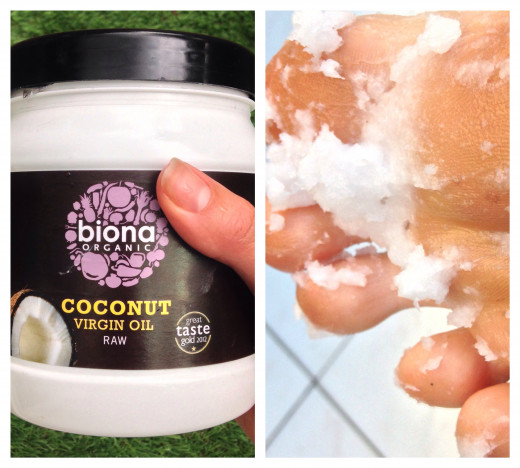
2. Coconut Oil is Anti-Fungal
Coconut oil can be used for fungal infections such as athlete’s foot or candida/thrush. The fungus fighting ingredients are 3 medium chain fatty acids called Caprylic acid, Capric acid and Lauric acid, the latter being the most powerful. The fatty acids in coconut oil are absorbed by the pathogen and once inside the cell they then break down and destroy their host.[3]
3. Coconut Oil as an Acne Treatment
Coconut oil may not seem like the logical choice to treat spots but using it both topically and through ingesting can alleviate acne.
The two antimicrobial agents in coconut oil are Capric acid and Lauric acid. These antimicrobials fight acne by attacking and killing bacterial infections within your pores. Coconut oil also contains an abundance of vitamin A, a nutrient that is essential in regulating the shedding cycle of your skin (called desquamation); acne is a dead cert when this process does not operate as it should. Note that you will have to ingest coconut oil to reap the benefits of its vitamin A properties which can also be found in foods such as eggs, carrots and sweet potatoes. Although coconut oil definitely can help in the fight against acne the antimicrobial properties are not as strong as Benzoyl Peroxide that is the active ingredient in a number of acne cleansers. If you do use coconut oil for acne topically then apply a thin layer to clean skin.
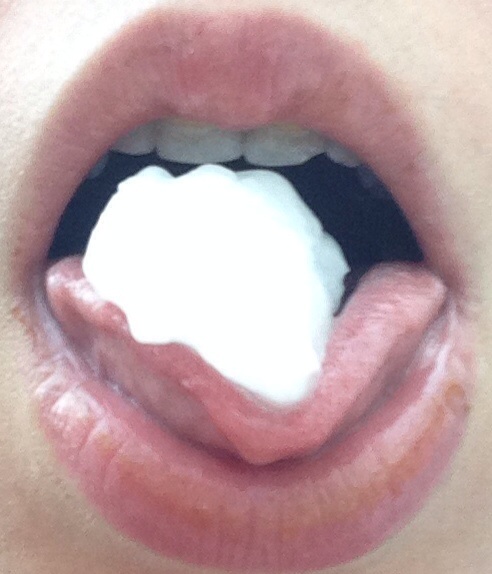
4. Coconut Oil in Oral Hygiene
Oil pulling with coconut oil is a centuries old remedy. Thought to have originated in the ancient Ayurvedic Indian natural medicine text Charaka Samhita, it is used to prevent tooth decay, bad breath, cracked lips and throat dryness. The practice involves swishing a teaspoon of sesame or coconut oil in your mouth for around 20 minute and then spitting it out. Solid evidence of any oil pulling benefits is lacking and the ritual certainly should not replace regular brushing and flossing, however some studies do show that pulling can be an effective mouthwash equivalent [4]. Conversely the more radical claims that oil pulling can draw out toxins from within your body seem to be unsubstantiated. Watch this YouTube video and decide for yourself.
Convinced? As part of a good oral hygiene routine coconut oil can be beneficial, further to this the jury is still out!
Do you believe that coconut oil 'pulling' draws out toxins from the body?
5. Coconut Oil for Weight Loss
The fatty acids in coconut oil are what sets it apart from other oils. They are called medium-chain triacylglycerols or MCT's and are shorter and more water-soluble than the fatty acids found in other oils. The consequence of this make up means that these acids are used for fuel and not immediately stored as fat and therefore have less of an opportunity to get deposited as fat stores.
Coconut oil can help to curb insulin spikes. A surge of insulin can promote body fat storage so including coconut oil in your meals will help maintain high energy levels whilst also keeping your waistline in check. Few nutritionists recommend coconut oil due to its high saturated fat content but in terms of waistline that metabolic boost can help to fight that flab. One study done on MCT oil observed a higher level of weight loss when compared to olive oil and put it down to the metabolic reactions [7].
It is recommended to replace other fats with coconut oil rather than accumulate them.
6. Coconut Oil In Cooking
The fats in coconut oil are extremely resistant to heat as they have a very high smoking point. This makes coconut oil ideal for cooking with as the food won’t burn and has an added health benefit because the fats do not lose their chemical structure and so do not breakdown during cooking, like some fats can when subjected to extremely high temperatures.

7. Baby Benefits of Coconut Oil - Cradle Cap and Massage
Cradle cap is a harmless but often persistent skin condition that occurs in babies and infants. It usually forms on the scalp but can appear elsewhere such as the eyebrows and ears. It can be awkward to remove and although it looks unsightly it doesn’t cause any discomfort. Coconut oil and olive oil are commonly used to treat cradle cap by covering the scalp, letting it soak in for a few hours and washing it out. It does take some rinsing though! Coconut oil perhaps has the advantage over olive oil in that your baby won’t smell like a salad afterwards. As tempting as it may be do not pick off cradle cap as it may cause infection.
Coconut oil is a great natural, mild and pleasant smelling oil to use for baby massage. Research by a team at the University of Warwick says that massage may help infants aged under six months sleep better, cry less and be less stressed [5].
Coconut oil has also been purported to boost milk production in lactating mothers but evidence to support this is lacking, more likely is that it can help to increase the quality of breast milk as part of a healthy overall diet which is not quite as headline grabbing but perhaps closer to the truth. An aside: From personal experience I had issues with milk flow in the early days of breastfeeding and found taking Fenugreek supplements helpful. However, I was also pumping like a madman so one will never know what it was that got the milk flowing. This anecdotal account of my experience is a perfect example of untested, unproven hearsay that may or may not have been down to the miracle food or supplement in question. As it was I did mention Fenugreek to a friend that was also struggling with milk production but despite pumping regularly and also taking the herb her milk supply did not increase.
8. Coconut Oil and Armpit Hygiene
Coconut oil helps to combat the smelliness of armpits because the unpleasant odour is caused by bacteria and since coconut oil is an antimicrobial, if applied to the armpit, it will set bout killing off bacteria. It won't stop you from sweating but if you combine it with baking soda this will help with any wetness. Note that baking soda is also antibacterial [6].
I put coconut oil to the test by applying it neatly onto my armpits in place of a regular aerosol deodorant. I did this with a degree of skepticism that it would be anywhere near as effective, especially because I am fairly prone to sweaty, smelly armpits! I was pleasantly surprised to find that by the end of the day the stench was comparable to if I had been wearing an antiperspirant and after a few days of use I found it to be more effective so for the time being I'm sticking with it! Since I had purely tested coconut oil as a deodorant for research purposes this was an unexpected but pleasing outcome. Also not that it doesn't stain your clothes.
9. Coconut Oil and Skin Care
Coconut oil can benefit your skin from this inside and out. Applied topically its fatty make up of saturated fats helps to keep the skin soft and moisturised whilst consuming the oil keeps the fat layer under the skin plumped, aiding with smooth, soft skin.
The antimicrobial property of coconut oil’s Lauric acid protects the skin from infections and spots when applied topically and ingesting its fatty acids boost immunity when they are converted to monoglycerides called monocaprin and monlaurin.
Vitamin E is essential for skin and hair growth and repair, however, there are very low levels of vitamin E in coconut oil despite what you may have read. What has been proven is that when coconut oil is combined with vitamin E it is more easily absorbed by the skin.
10 Ways to Add Coconut Oil to Your Life
Here are some superb suggestions to help you get your hit of the humble coconut.
1. Spread it on Toast and Top with Manuka Honey.
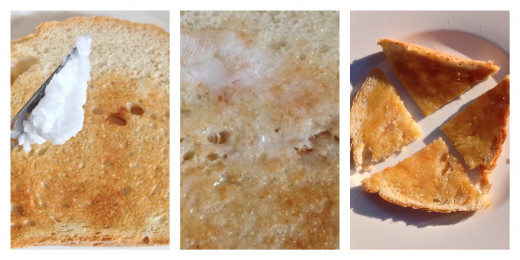
2. Add Coconut Oil to a Smoothie or Shake
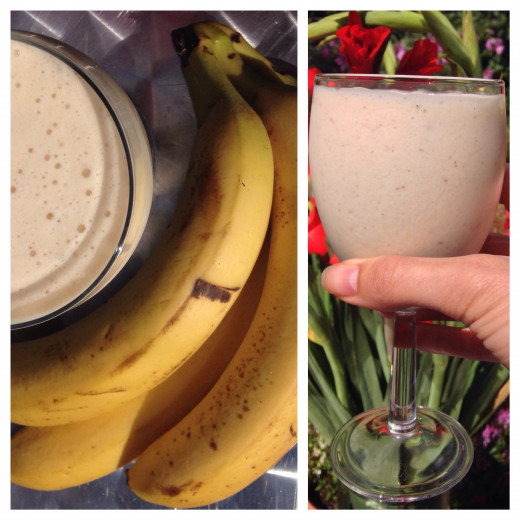
BCM Smoothie - Banana, Coconut and Manuka Honey
Try out this simple banana smoothie. It's a favourite of mine in the morning because it's so quick and easy to make plus it tastes great.
Yield: 1 Drink
Ingredients:
- 1 banana
- Splash (100ml) of milk
- 1 teaspoon of coconut oil
- 1 teaspoon of Manuka honey
- Scoop of ice-cream
- Handful or two of ice
- Shake of nutmeg
Instructions:
- Add all the ingredients to the blender.
- Pour into a glass and enjoy!
Note that combining whey protein with coconut milk will produce a powerful muscle building, fat burning formula.
3. Use as an Oil Base in a Stir Fry

Pepper and Onion Stir Fry
I made the above stir fry as follows:
Yield: 3 servings
Ingredients:
- 2 tablespoons or coconut oil
- 4 peppers (2 orange, 2 red), chopped
- 2 red onions, chopped
- Handful of runner beans, cooked.
- 1 clove of garlic, chopped
- 1 tsp of ground ginger
- Shake of crushed chillies
- Squeeze of lime
- Few drops of soy sauce
- Black pepper
Instructions:
- Add the coconut oil to a wok and heat.
- After a couple of minutes add the onions and fry until they begin to turn translucent.
- Add the garlic and cook for a further minute or so.
- Next add the peppers.
- Once the peppers are beginning to soften throw in the ginger, lime juice, soy sauce and a few turns of pepper.
- Just before taking the stir fry off the heat add the cooked beans as this will stop them disintegrating too much.
- Serve
This dish would work brilliantly with king prawns or chicken.
5. Cook Meat or Fish
Use a couple of tablespoons of coconut oil to fry or oven cook meat and fish.
6. Substitute Butter for Coconut Oil in Baking.
Coconut oil works well in recipes that call for softened butter. The ratio is 1:1 so 1 cup of coconut oil replaces 1 cup of butter.
7. Use as an Emulsifier in Coffee.

Coconut Latte Recipe
Yield: 1 Coffee
Ingredients:
- 1 cup of coffee (I used a cafetiere)
- Splash of milk
- 1 teaspoon of coconut oil
- A sweetener like Stevia or Agave syrup
Instructions:
- If you have a frother that will heat and froth then use this on the milk/coconut/sweetener combo otherwise heat the milk in the microwave and then add along with half the coffee and other ingredients to a blender.
- Add the frothy mixture to the other half of the coffee. I like to add a shake of cinnamon to the top.
7. Homemade Coconut Oil Deodorant
Coconut oil can be applied directly to the armpits as an all natural deodorant but you can adapt it into your own uniquely scented sweat slammer.
- Mix coconut oil with baking soda and arrow road or corn starch and add essential oils such as tea tree oil.
8. Take a Coconut Oil Supplement
A supplement is a quick and easy way to add coconut oil to your diet but remember that by popping these pills you are likely to be adding to your overall daily fat and calorie consumption.
9. Add Coconut Oil to Your Daily Skin and Hygiene Routine.
- Rub some on your armpits in the morning as an alternative to deodorant.
- Apply a thin layer to your face at night to combat spots and help skin hydration.
- Swish it in your mouth after teeth brushing to oil the gums and kill of bacteria.
- Use it as a body moisturiser after showering.
10. Use as a Lubricant.
Last but not least coconut oil can be a great natural lube with the added bonus that it can help fight off the candida/thrush!
Coconut Oil
| Nutrition Facts | |
|---|---|
| Serving size: 1 tablespoon | |
| Calories | 117 |
| Calories from Fat | 126 |
| % Daily Value * | |
| Fat 14 g | 22% |
| Saturated fat 12 g | 60% |
| Carbohydrates 0 g | |
| Sugar 0 g | |
| Fiber 0 g | |
| Protein 0 g | |
| Cholesterol 0 mg | |
| Sodium 0 mg | |
| * The Percent Daily Values are based on a 2,000 calorie diet, so your values may change depending on your calorie needs. The values here may not be 100% accurate because the recipes have not been professionally evaluated nor have they been evaluated by the U.S. FDA. | |
Noteworthy Points
- There is conflicting evidence about saturated and unsaturated fat. We have been told for the past few decades that it is the saturated fats we should avoid and replace with polyunsaturated vegetable oils but recent studies and observations appear to be offering contradictory conclusions.
- Saturated fats are solid at room temperature. They are used by the body entirely for energy production.
- Do not rely on coconut oil alone to meet your daily requirement of essential fatty acids as you would need to consume more than half of your total calorie intake in coconut oil to meet your quota!
- To benefit from coconut oil’s anti-inflammatory and anti-oxidative attributes use wet-extracted, virgin coconut oil as some extraction methods eliminate these properties.
Propaganda Campaign
A number of websites suggest that during the 1970s there was a propaganda campaign waged against coconut oil initiated by the corn and soy oil industries although substantiated sources are lacking. There were a few scientific studies at that time that did determine coconut oil raised cholesterol but the research only shed light on part of the picture. As a result the popularity of coconut oil did plummet in western countries and has only been rediscovered as something that could be beneficial to overall health in the last two decades.
Summary
There is still a lot of research to be done to determine whether there are any measurable improvements in the hundreds of ailments and diseases that are claimed to be curable by consuming coconut oil. If you look into many of the so-called miracles the links can be as coincidental as 'I danced and then, what would you know, it rained!'. Its proven properties are impressive enough that it really doesn't need to have its usefulness inflated and embellished on the Internet.
As part of a healthy, balanced diet there are certainly enough substantiated reasons to replace other oils with coconut oil including improved cholesterol as well as many bacteria fighting benefits. Coconut oil is a unique and versatile substance with such a range of great uses that having a tub or two around the house is highly recommended!
If You Enjoyed This You May Also Like:
Sources
- Mendis S, et al. The effects of replacing coconut oil with corn oil on human serum lipid profiles and platelet derived factors active in atherogenesis. Nutrition Reports International 1989; 40: No. 4.
- In vitro antimicrobial properties of coconut oil on Candida species in Ibadan, Nigeria http://www.ncbi.nlm.nih.gov/pubmed/17651080
- Is Oil-Pulling Your Best Choice for Dental Health? http://health.clevelandclinic.org/2014/04/is-oil-pulling-your-best-choice-for-dental-health/
- Antibacterial activity of baking soda http://www.ncbi.nlm.nih.gov/pubmed/12017929
- Thermic effect of medium-chain and long-chain triglycerides in man. http://ajcn.nutrition.org/content/44/5/630.short

